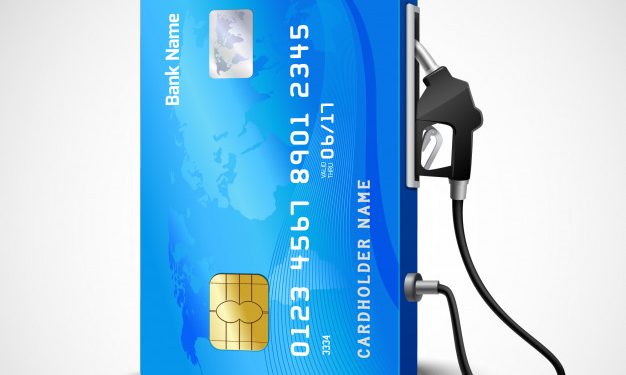Fuel and fleet cards have long been essential tools for businesses managing vehicle fleets, offering convenience, control, and detailed expense tracking. However, as technology advances and the needs of businesses evolve, the future of these cards is set to change significantly. From digital innovations to enhanced security measures, the landscape of fuel and fleet cards is poised for transformation.
Digital Transformation and Mobile Integration
One of the most significant trends shaping the future of fuel and fleet cards is the shift toward digital platforms and mobile integration. Traditional plastic cards are increasingly being complemented or even replaced by digital solutions that can be managed via smartphones and other mobile devices. This shift offers several advantages, including real-time tracking, instant reporting, and the ability to manage expenses on the go.
Mobile apps linked to fuel and fleet card accounts allow fleet managers to monitor fuel usage, track vehicle locations, and receive instant notifications of transactions. This level of integration provides businesses with greater control and visibility over their fleet operations, leading to more efficient management and cost savings.
Enhanced Security Features
As with all payment solutions, security is a top priority for fuel and fleet cards. The future of these cards will see a continued focus on enhancing security features to protect against fraud and unauthorized use. Innovations such as chip-and-PIN technology, biometric authentication, and secure mobile payment options are becoming standard.
Moreover, advanced data analytics and machine learning are being used to detect unusual spending patterns and flag potential fraudulent activities in real-time. These technologies help businesses safeguard their financial resources and ensure that fuel and fleet cards are used appropriately.
Integration with Telematics and IoT
The integration of fuel and fleet cards with telematics and Internet of Things (IoT) technologies is another key development. Telematics systems can provide detailed data on vehicle performance, fuel efficiency, and driver behavior, which can be linked to fuel card transactions. This integration allows for more precise monitoring of fleet expenses and helps identify areas where efficiencies can be improved.
For example, if telematics data shows that a particular vehicle is consuming more fuel than expected, fleet managers can investigate potential issues such as maintenance needs or inefficient driving habits. This level of insight can lead to significant cost savings and more efficient fleet management.
Sustainability and Alternative Fuels
As businesses increasingly focus on sustainability, the future of fuel and fleet cards will likely include options for managing and tracking alternative fuel usage. Cards that support electric vehicle (EV) charging, biofuels, and other sustainable energy sources will become more common as fleets transition to greener options.
In addition to tracking traditional fuel purchases, these cards will need to adapt to the changing energy landscape by offering features that support a variety of fuel types. This shift not only aligns with environmental goals but also helps businesses meet regulatory requirements and reduce their carbon footprint.
Data-Driven Decision Making
The future of fuel and fleet cards is also being shaped by the increasing importance of data-driven decision-making. As card programs generate vast amounts of transactional data, businesses can leverage this information to gain insights into spending patterns, identify cost-saving opportunities, and optimize fleet operations.
Advanced analytics tools can help businesses analyze fuel consumption, detect inefficiencies, and make informed decisions about fleet management. By harnessing the power of data, companies can improve their bottom line and ensure that their fleet operations run smoothly and efficiently.
The Road Ahead
The future of fuel and fleet cards is bright, with numerous innovations on the horizon. As technology continues to evolve, these cards will offer businesses more control, security, and flexibility than ever before. From digital integration and enhanced security features to sustainability and data-driven insights, the next generation of fuel and fleet cards is set to revolutionize the way businesses manage their fleets.
Fuel and fleet cards are entering a new era, driven by technological advancements and changing business needs. Companies that embrace these innovations will be well-positioned to optimize their operations and stay ahead in an increasingly competitive landscape.











